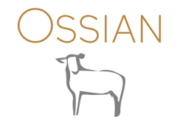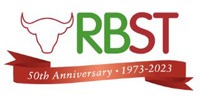
19 of 20 Stages of the Evolution of British Wool
Hand Crafts
One of the ways to tackle fast fashion is to promote ‘slow fashion’ professor Kate Fletcher defined this as quality based rather than time based fashion, encouraging people to invest in well made and longer lasting clothes.
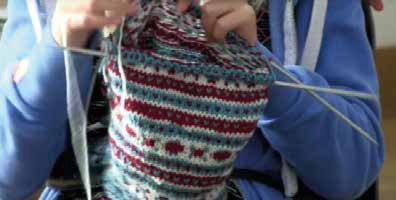
Katie Jones is a textile designer focusing on traditional craft methods of hand crochet and knitwear, using bright colours and bringing an element of fun into her creations.
To begin with her collections centred on upcycling and using surplus stock but she found that making handmade, locally manufactured garments became very expensive products to sell. To solve this problem she launched a make-it-yourself range in 2017. (katiejonesknit.co.uk)
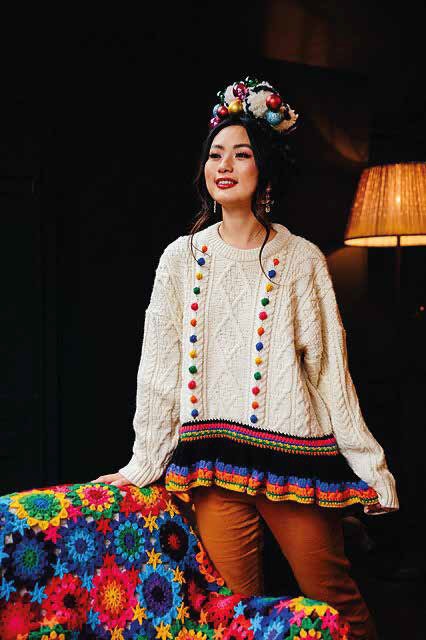
This design concept is a brilliant way to make people engage with the garments they make, which should give them emotional durability, a phrase coined by Jonathan Chapman in his book, emotional durability (2015).
This design strategy is aimed at reducing consumption by providing people with a garment that they will treasure for a lifetime, reducing the need to buy more.
Cutting Carbon
We now buy twice as many garments as we did back in 1975, if we went back to buying this amount of clothing, we would cut carbon emissions by 1.2%, as discussed, by Dr Tamsin Edwards.
Tackling our habit of overconsuming fashion items is the current challenge, moving people from self gratification by buying a new look into a more holistic way of shopping, ultimately buying less.
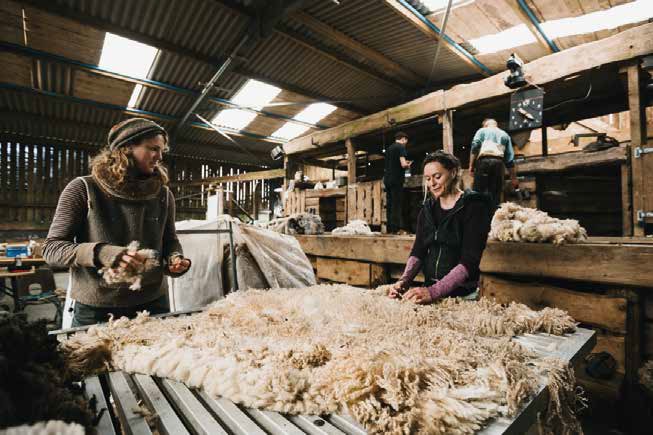
Social innovations are changes in the cultural structures of our society, enhancing its collective power and resources to improve its economic and social performance as discussed by (Hamalainen and Heiskala 2019) and Jackson (2009), they believe designers should drive the change of the fashion industry, questioning GDP growth and designing for consumerism with new focus on social prosperity, with the understanding that human beings need something more than material security to flourish.
An example of this approach is Fernhill farm which has adopted a regenerative way of farming and has started to hold event days to encourage traditional crafts. People can attend these events to learn skills such as shearing, knitting, and spinning. Fleeces can be inspected and bought to convert into garments. These events provide a buying experience and a social engagement, helping people feel part of a community with shared values
